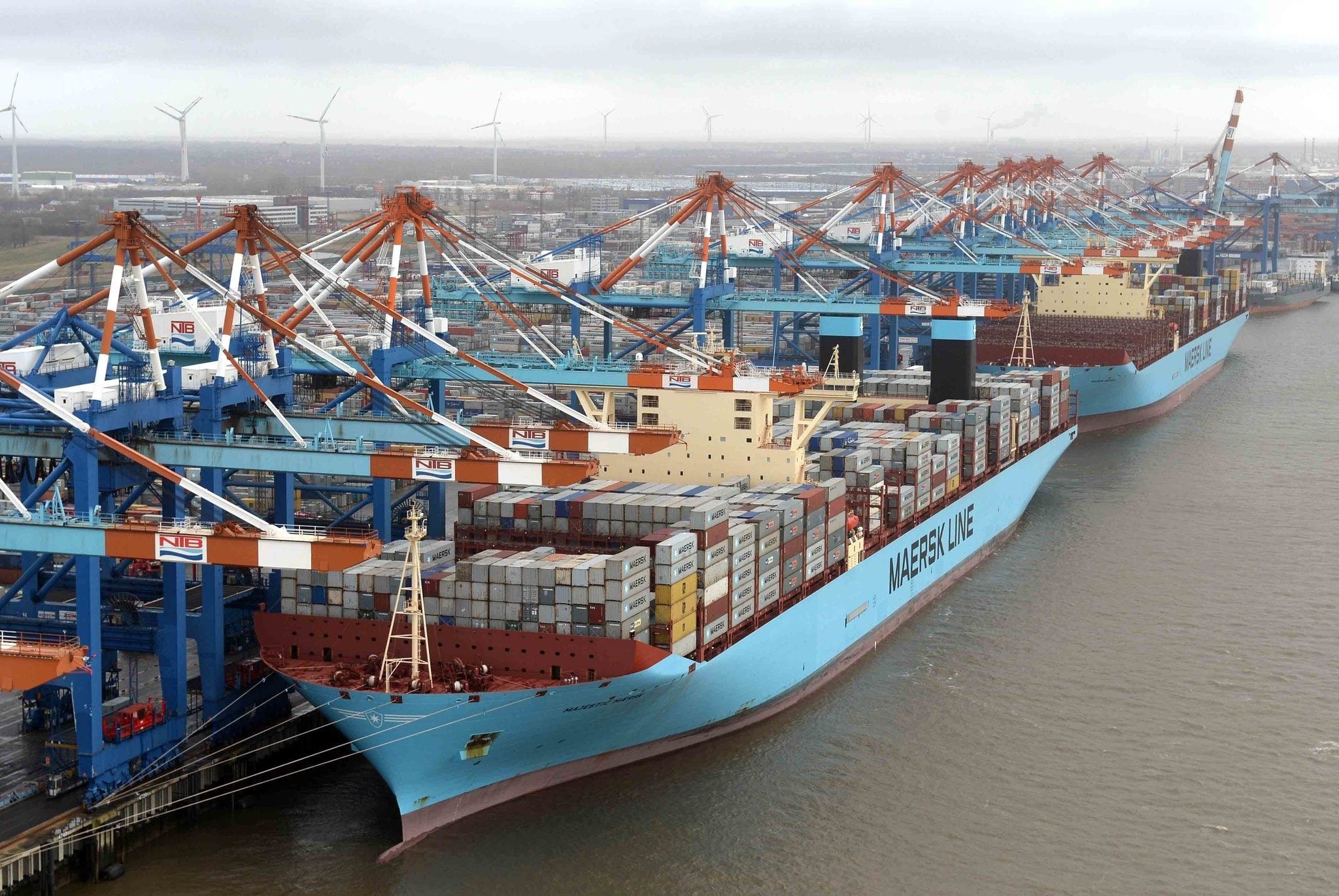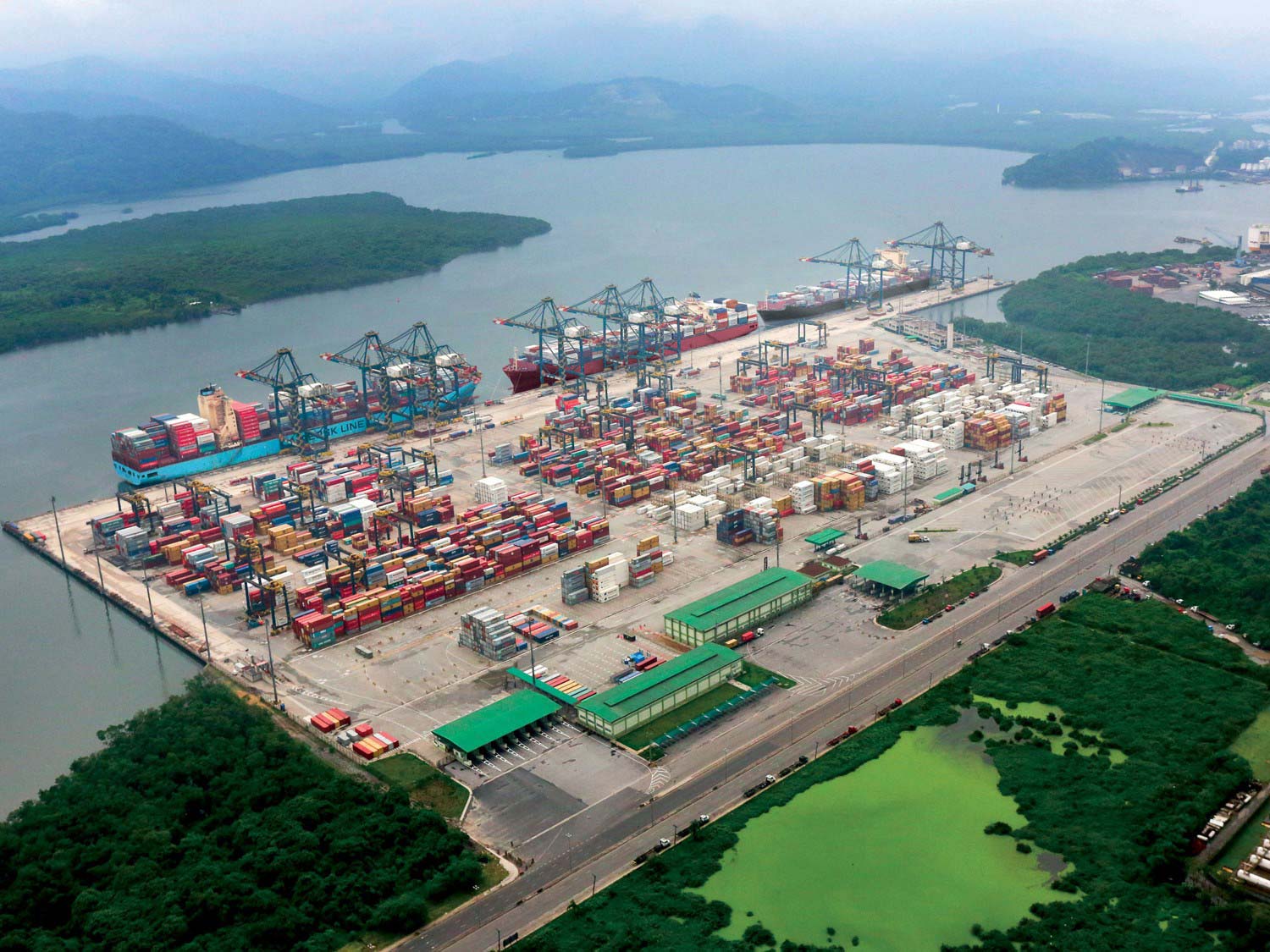
by Marcelo Teixeira (Reuters) – Brazilian exporters are facing delays shipping goods transported in containers, including coffee and cotton, due to overbooking, the world’s largest container shipping company, A.P. Moller-Maersk, said on Monday.
In a report on its operations in Brazil, Maersk said exports fell for the second quarter in a row, citing the practice of some exporters reserving more space in ships than they need, leaving other companies failing to find room for their cargo.
“Exporters are hurting each other when they book space they end up not using, because that increases costs and poses obstacles to other exporters that can’t find space in ships,” Maersk’s director for East Coast South America, Antonio Dominguez, said in the report.
Reuters reported last week that Brazilian exporters of coffee to Europe and the United States were facing difficulties in finding room on vessels, a situation that could deteriorate with Brazil harvesting its largest crop ever this year.
Maersk said a large cotton crop was also a factor behind shrinking shipping space. Both coffee and cotton are normally shipped in containers. Other commodities such as grains and sugar do not face the problem, since they are exported in other types of vessels (bulkers).
The company said that the overbooking issue started after several container operators reduced trips to Brazil back in 2016 following a plunge in imports amid the country’s largest recession on record.
Overbooking increased this year after a nationwide truckers strike and a large cotton crop, as exporters rushed to reserve space, fearing a logjam when the May strike finished.
Maersk said it shipped 9 percent less coffee and cotton in the second quarter compared to the same period in the previous year. Shipments of containerized sugar – the type that is not exported in bulk – fell 33 percent from 2017.
Overall Brazilian exports through Maersk fell 6 percent in the quarter.
The company said a solution for the overbooking problem would be to charge the space when it is reserved, as airline companies do, but added that no decision had yet been made.
Reporting by Marcelo Teixeira, Editing by Rosalba O’Brien
Editorial Standards · Corrections · About gCaptain
This article contains reporting from Reuters, published under license.

 Join The Club
Join The Club











